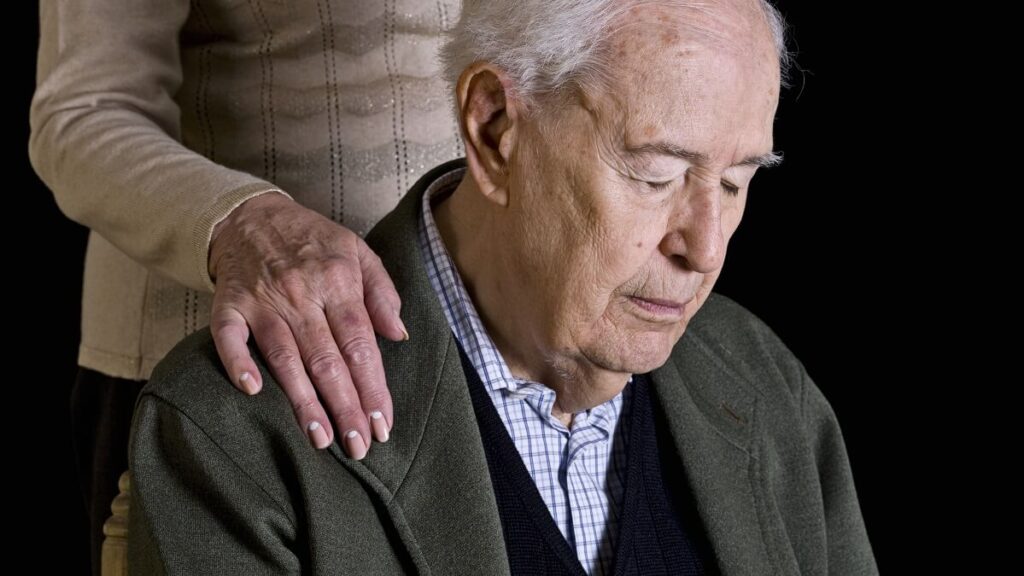For many older people, the topic of depression is one that’s rarely, if ever, raised. Mental health care probably consisted of a diet of clichés like, “Toughen up, princess” or “Pull yourself together!”
For some, such ‘kick up the bum’ tactics might have been enough. In which case, there’s a fair chance you probably didn’t have what would today be diagnosed as clinical depression.
Thankfully, younger generations of Australians have been brought up to recognise depression for what it is: an illness, usually treatable.
However, many older Australians still believe the misconception that depression is a sign of weakness. That notion could lead to unfair treatment of those close to them. Or, if they themselves are suffering from, or at risk of, depression, not seeking treatment for themselves.
It doesn’t have to be that way.
In the US, May marked National Mental Health Awareness Month. That coincided with Mental Awareness Week in the UK from 15-21 May. A quick look at the Australian government’s Mental Health Commission calendar reveals no such May equivalent here.
But that doesn’t mean we can’t use international events to make things better in Australia. There are a number of things you can do to help older people you know who are showing signs of depression.
Recognising and acknowledging depression
Figures from the Centers for Disease Control and Prevention (CDC) in the US paint a concerning picture. The CDC estimates that depression affects more than seven million of the 35 million Americans aged 65 years or older. That’s more than 20 per cent.
In Australia, it’s thought that 10 to 15 per cent of older people experience depression, according to Beyond Blue. Such numbers may appear slightly more reassuring on the surface, but there’s a sting in the tail. Rates of depression among people living in residential aged care are believed to be much higher, sitting at around 35 per cent.
Regardless of the overall numbers, anyone who has depression needs help.
Dr Lisa M. Brown, a licensed clinical psychologist and specialist in geropsychology, emphasises this point. “Getting a family member or a close friend who is an older adult to seek and use mental health help can be a challenging task, especially when it comes to dealing with depression,” she says.
How can you help?
Dr Brown recently delivered an online seminar, Depression and Older Adults: Is it Just the Blues or Is Help Needed? Her presentation included a tip sheet that could prove useful for those with an older loved one who may be suffering.
Six tips are provided as a starting point:
- start by having an open conversation
- explain that depression is a treatable illness
- help them overcome barriers to treatment
- promote social activity
- encourage physical activity
- provide ongoing support.
These steps may seem basic but can serve as a useful first stop for those not sure where to begin. They are expanded on in more detail here.
As someone who has been diagnosed with clinical depression myself, I know its potential to be debilitating. An adolescent who was encouraged to “toughen up”, I know now, as a 50-something man, it’s not necessarily so simple.
If someone close to you is showing signs of depression, try to start that conversation. It could be just the opening to better mental health they’ve been looking for.
Have you or an older loved one been affected by depression? How have you handled the situation? Let us know in the comments section below.
Also read: Menopause affecting your mental health? Experts reveal what to do
Health disclaimer: This article contains general information about health issues and is not advice. For health advice, consult your medical practitioner.

